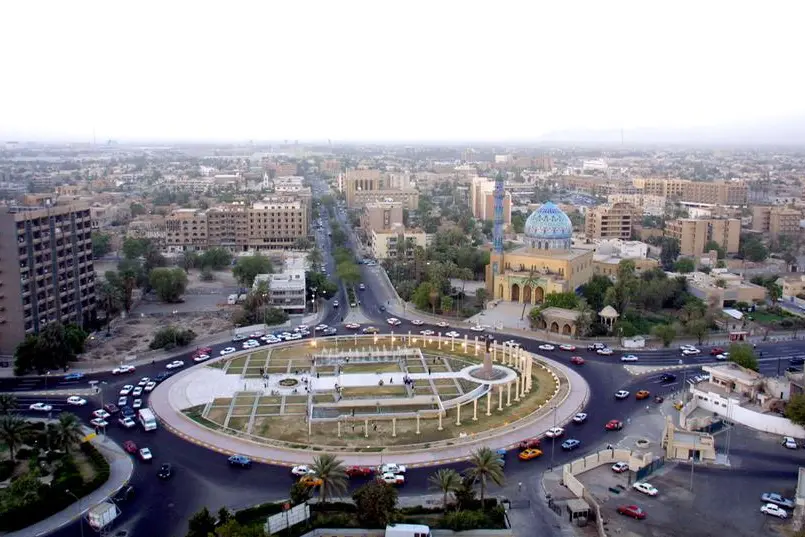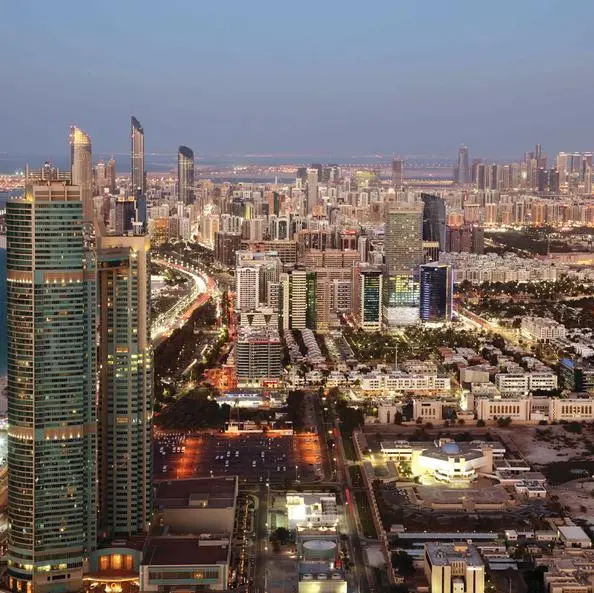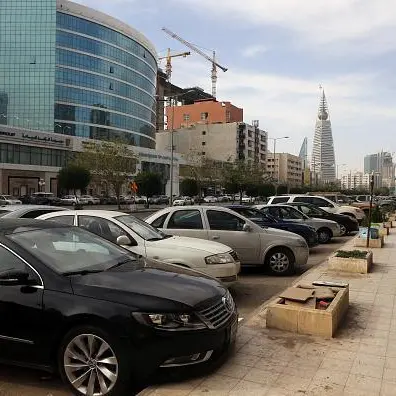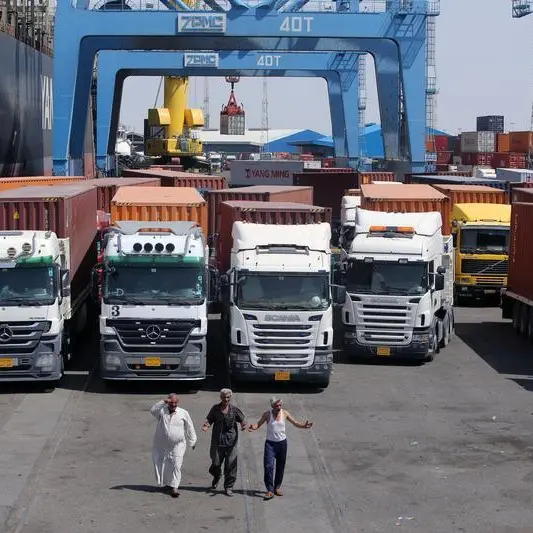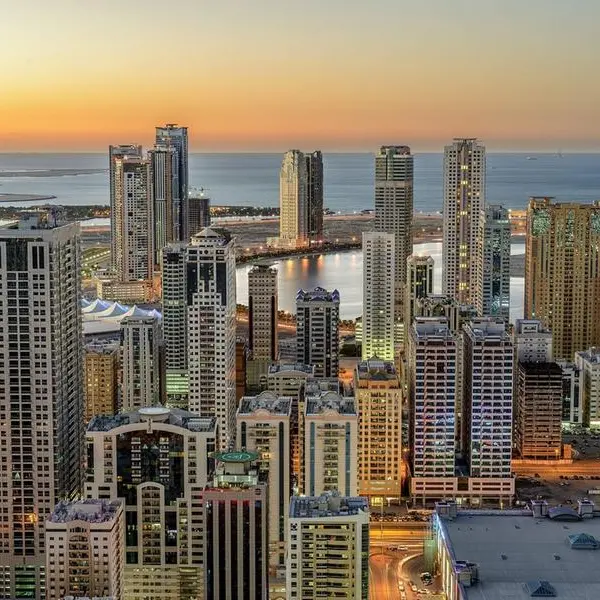PHOTO
OPEC oil producer Iraq spent nearly $19 billion on projects last year and it managed to slash its forecast budget deficit due to higher oil revenues.
The state budget recorded an actual deficit in 2024 of around IQD10 trillion ($8 billion), far below the projected shortfall of around $49 billion.
The Iraqi Finance Ministry said in a weekend report that actual spending stood at around IQD 150 trillion ($115 billion) and revenue at IQD140 trillion ($107 billion).
Current expenditure, mostly civil servants wages and government purchases, totalled IQD125 trillion ($96 billion) while project spending stood at IQD25 trillion ($19 billion).
Oil revenues accounted for more than 90 percent of the country’s total revenues, fetching nearly IQD127 trillion ($97 billion). The rest included taxes and customs fees.
The 2024 shortfall was far below the forecast deficit of around $49 billion as actual average oil prices were much higher than was forecast by Baghdad.
In mid-2023, Iraq approved a landmark three-year budget for the period 2023-2025 based on an average oil price of $70 a barrel and crude exports of 3.4 million barrels per day (bpd).
Annual spending was set at around $153 billion with a shortfall of $49 billion but Parliament allowed the Finance Ministry to revise expenditure through the year depending on oil market conditions.
Brent crude prices averaged nearly $80 a barrel while Iraq has been often accused of exceeding its OPEC-assigned production quota.
An Iraq official warned last month that the budget deficit in 2025 could widen due to a decline in oil prices below the $70 assumed by the Finance Ministry.
Mudhar Saleh, a financial adviser to Prime Minister Mohammed Al-Sudani, said spending is projected at IQD 200 trillion ($153 billion), equivalent to the 2024 budget.
He said current expenditures, which comprise salaries to public servants and social security allocations, is expected to account for 68-70 percent of the total spending.
“The deficit in this year’s budget is expected at around IQD64 trillion …it will be financed through domestic sources…it could rise in case oil prices remain below $70 a barrel and Iraq’s crude exports fall below 3.4 million barrels per day,” he said.
Nabil Al-Marsoumi, an Economics professor at Basra University, said this year that the actual 2023 deficit soared to around IQD 80 trillion ($68 billion) after the government overshot budgeted spending to nearly $171 billion.
(Writing by Nadim Kawach; Editing by Anoop Menon)
Subscribe to our Projects' PULSE newsletter that brings you trustworthy news, updates and insights on project activities, developments, and partnerships across sectors in the Middle East and Africa.
